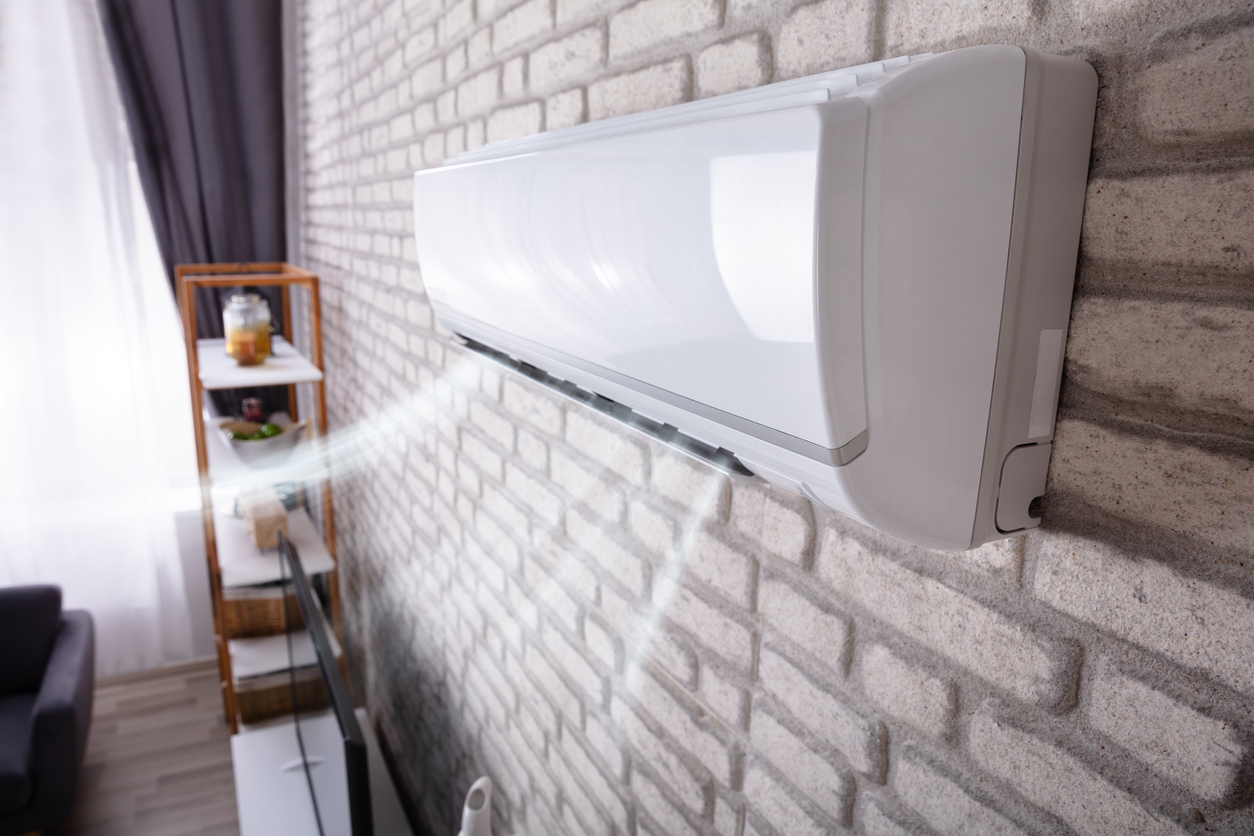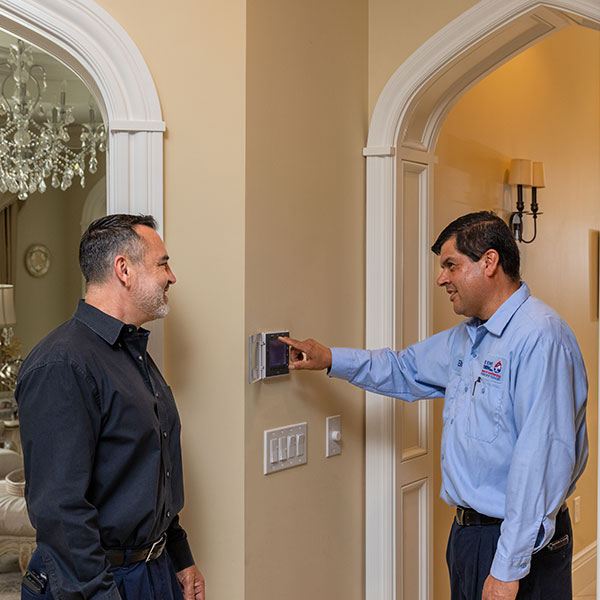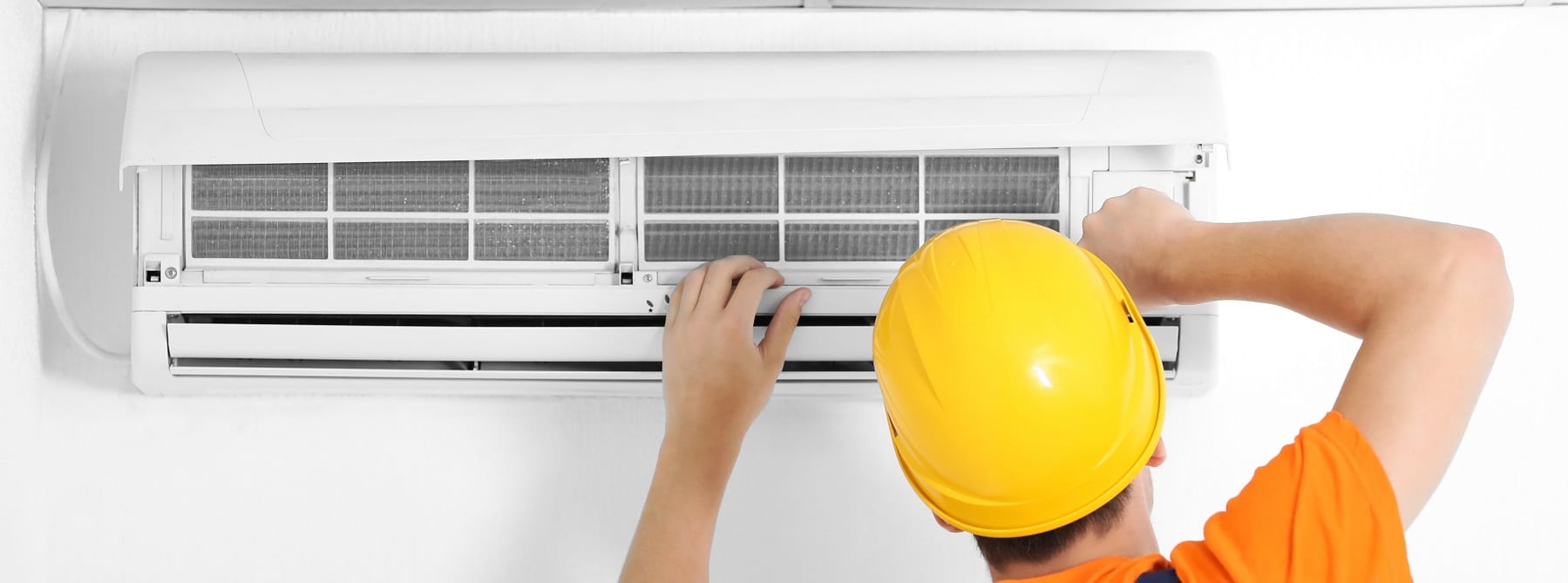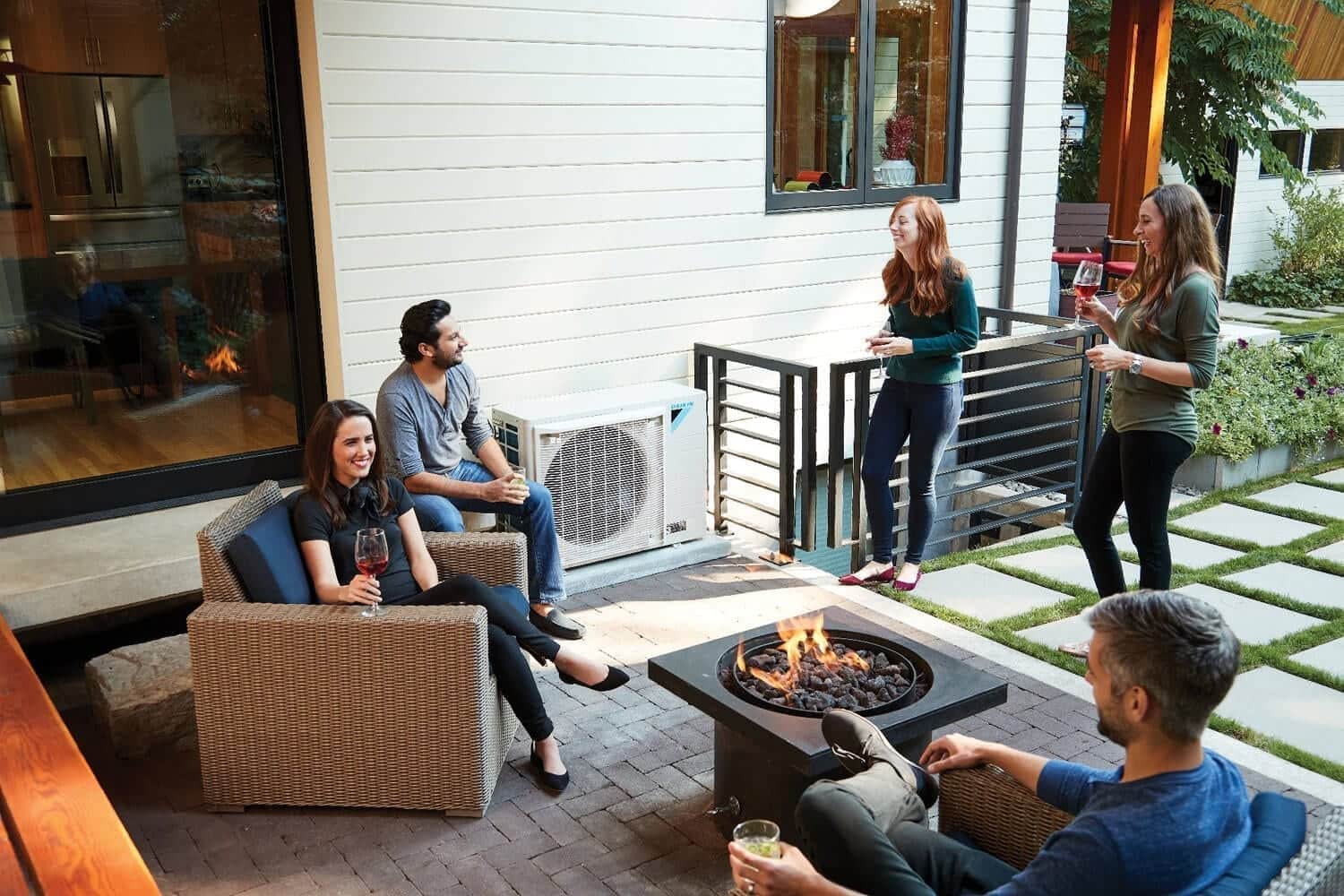
How to Use Your Air Conditioner Economically: A Homeowner’s Guide to Saving on Cooling Costs
Are you ready to save money on your energy bills while keeping your home cool? Maximizing the efficiency of your air conditioning unit can make a big difference. You can learn how to optimize your AC with thermostat settings, routine maintenance, and easy cooling strategies. If you’re ready to learn how to use your air







